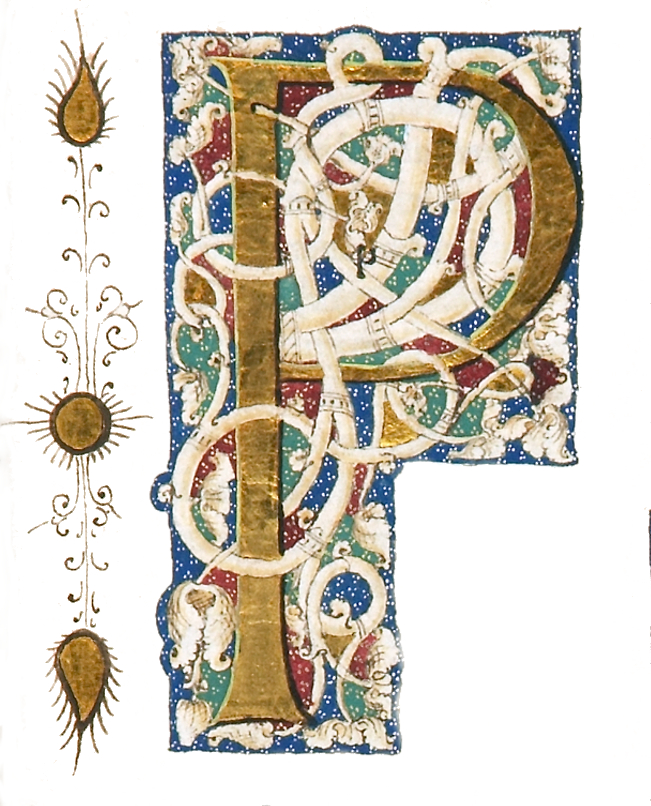first edition
13 Oct. 1492 · Treviso
by (INCUNABULA). HAEDUS, PETRUS
Treviso: Gerardus de Lisa, de Flandria, 13 Oct. 1492. FIRST EDITION. 215 x 150 mm. (7 7/8 x 5 7/8"). Textually Complete. 6 p.l., 97 leaves (without final blank). Single column, 25 lines, roman type.
New unlettered limp vellum in the style of the period. Front pastedown with bookplate of Jos Lorenzo Coss o. With numerous marginal annotations in two different early hands. Goff H-2; BMC VI, 885; ISTC ih00002000; V. Schulderer, "A Fleming in Venice," in "Fifty Essays", pp. 113-126. ◆Intermittent dampstains to edges, intruding into tail margin of first quire (but well away from text), occasional minor foxing, thumbing, or small stains to margins, but (truncated)
New unlettered limp vellum in the style of the period. Front pastedown with bookplate of Jos Lorenzo Coss o. With numerous marginal annotations in two different early hands. Goff H-2; BMC VI, 885; ISTC ih00002000; V. Schulderer, "A Fleming in Venice," in "Fifty Essays", pp. 113-126. ◆Intermittent dampstains to edges, intruding into tail margin of first quire (but well away from text), occasional minor foxing, thumbing, or small stains to margins, but (truncated)




![SCHOLASTICA HISTORIA MAGISTRI PETRI COMESTORIS SACRE SCRIPTURE SERIEM BREVEM NIMIS ET EXPOSITA[M] EXPONENTIS](https://d3525k1ryd2155.cloudfront.net/h/687/906/1675906687.0.m.jpg)
